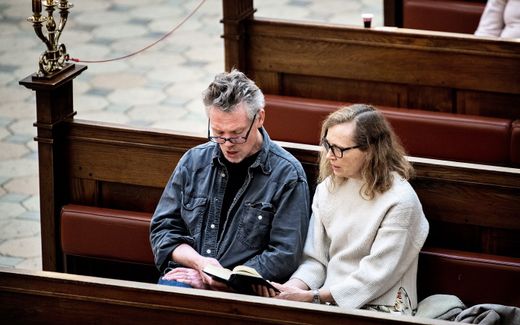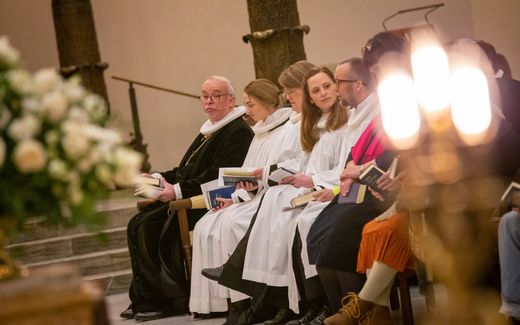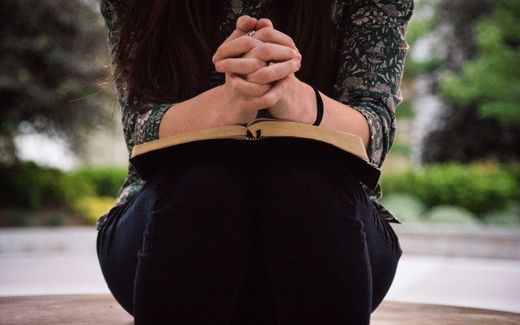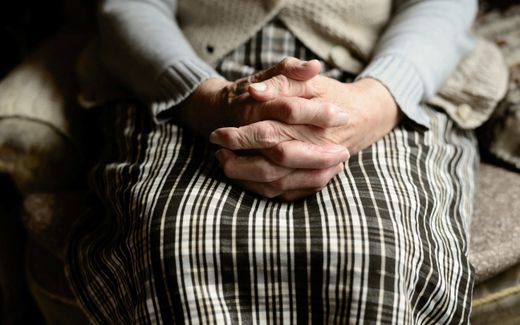Danish government abolishes Prayer Day
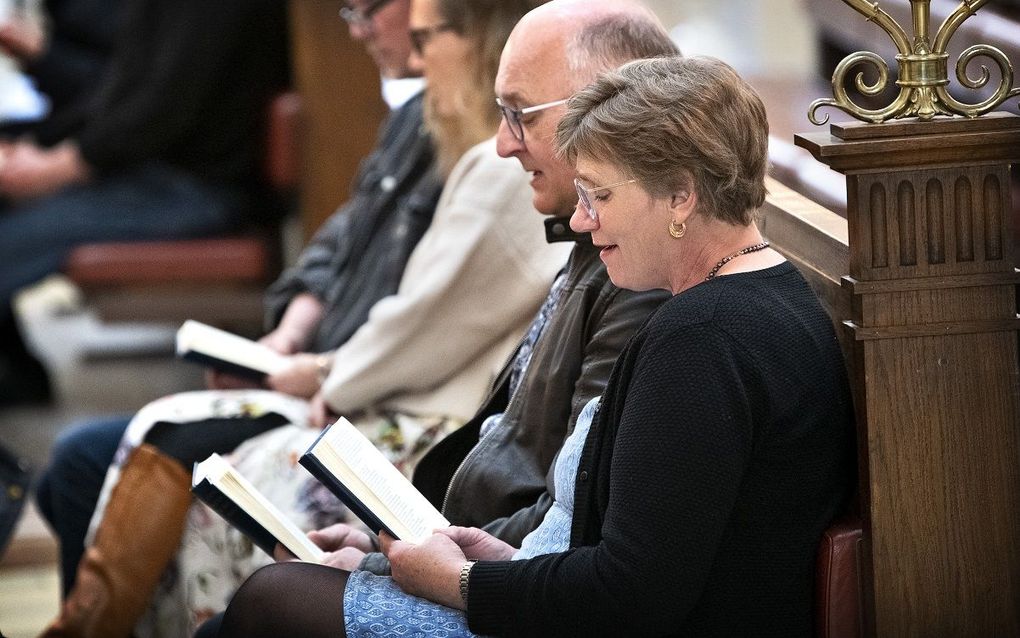
Although the government abolishes the Great Day of Prayer, churches are not. A look around the websites of several churches shows that in several places, there are still plans for confirmations on a big day of Prayer in 2024. Photo AFP, Nils Meilvang
Northern Europe
The Danes have lost a public holiday for the first time in over 250 years. The Great Day of Prayer will be abolished in 2024 in favour of more money for the military.
After four hours of debate, the Danish day of Prayer is gone. A majority in the Folketing, the Danish parliament, voted to abolish the public holiday to save money for the military. In total, 95 representatives voted in favour, while 68 people voted against the abolition.
The celebration of the Great Day of Prayer dates back to 1686. The holiday falls on the fourth Friday after Easter. From 2024, however, Danes will no longer have a standard day off.
Although the debate on the abolition of the holiday gripped Christian media in Denmark, the parliamentary discussion did not change many hearts and minds. While the opposition raged, the government did not change their mind, Danmarks Radio, the public broadcaster reports.

After the vote, however, Prime Minister Mette Frederiksen, a social democrat, took the stage to emphasise once again that the government is abolishing this day to finance several things, including the military. Denmark needs more money for defence "because of the security policy situation we are in." Frederiksen further stated, "there is a government in Denmark now which chooses to raise the level of ambition so that we can look after Denmark even better. We have made this decision, and I am happy about it."
Abuse
While the debate in the Folketing raged on, churches stood helpless on the sidelines. Henrik Stubkjær, bishop of Viborg Diocese, is annoyed by that. The loss of the holiday and the decision-making process bother him. "As a church, we are experiencing a government that will not listen in any way. To that extent, it sits on formal power because they have the majority to do what they want. It has been really difficult to get through and have a dialogue", Stubkjær says to TV Midvest. "The whole church feels that this has been a form of abuse."
Stubkjær feels that the abolition is "the biggest attack against the church system" in Denmark. " Section 4 of the Constitution states that the state must support the national church - and do you do that when you remove major days of prayer without asking the church?"
Jeppe Søe, however, does not think the ban is unconstitutional. Søe is an MP for the Moderates and spokesman for church affairs. "In § 66 of the Constitution, it is written that "The constitution of the Norwegian Church is regulated by law", which therefore gives the politicians the legal right to intervene and, for example, abolish large days of Prayer without the consent of the Norwegian Church."

Søe does think the debate has become ugly. "When you use words like 'assault', I think you cross the line." The MP further argues that "the Church thought that we would also interfere with the altar book, which is the Church's own business - and we don't want that. And then I think the Church went backwards quickly because of that misunderstanding."
Referendum
Bishop Stubkjær believes the only solution to the heated argument is to ask the Danish people. "If there was ever a time when a referendum was needed, it was now. After all, this decision shakes both the labour market and the church/state relationship."
However, although some parties in parliament also propose a referendum on the matter, there does not seem to come on. Currently, 40 MPs are in favour of asking the public. That is not enough; for a referendum, the support of at least 60 MPs is necessary.
Although the government abolishes the Great Day of Prayer, churches are not. A look around the websites of several churches shows that in several places, there are still plans for confirmations on a big day of Prayer in 2024.
Related Articles


